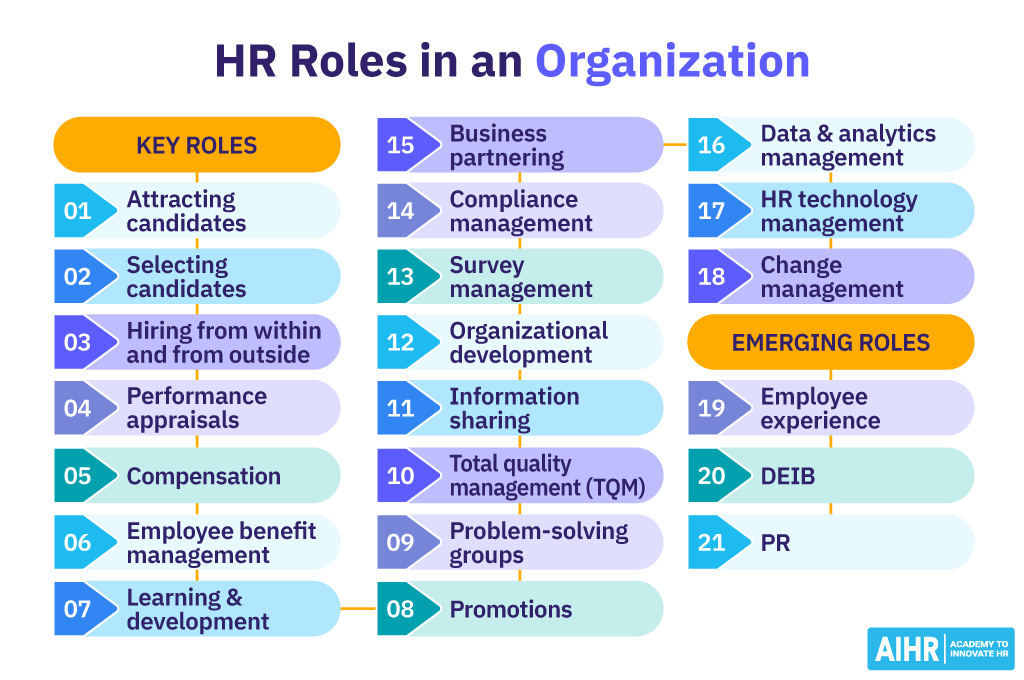企业的成功除了企业策略团队建设等还需要团队成员之间的配合,对于企业来讲,软实力也不容忽视。情商是加强团队建设以及领导力的重要因素之一。高情商的领导和高情商的团队成员能有效避免潜在的时间、精力等的浪费,还能加强部门之间的沟通,提高责任感和团队目标感,有利于创造一个以人为中心的工作氛围。

Emotional intelligence elevates team building by fostering open communication, empathy, and understanding among members. It creates a positive workplace culture, strengthening relationships and contributing to overall team success and well-being.
FREMONT, CA: Emotional intelligence, or EQ, plays a crucial role in team construction and leadership. It involves understanding one's own emotions and reactions while also appreciating and interacting effectively with the emotions of others. Individuals with strong emotional intelligence, marked by humility, empathy, and self-regulation traits, tend to foster smoother communication and build robust relationships. This capacity for emotional intelligence in the workplace enables team members to proactively anticipate and address potential issues, such as conflicts, saving valuable time, energy, and resources crucial for organisational success. Developing emotional intelligence is an ongoing process that improves with practice, contributing significantly to the effectiveness of teams.
Any organisation that wants to succeed must focus on building emotionally intelligent teams. These teams may function best when they have open and effective communication, which is what makes them thrive. The procedure calls for deliberate measures and thorough planning. First and foremost, for team members to appreciate the value of their contributions, they must have a clear grasp of their responsibilities and the group's objectives. Second, creating platforms that support individual opinion expression encourages participation and a sense of ownership. Thirdly, leaders must foster empathy, communication, trust, and respect. Lastly, offering chances for group learning and development inspires the group, improving problem-solving skills and fortifying interpersonal ties. By recognising individual abilities, these actions help teams build emotional resilience.
Building relationships and encouraging candid communication are essential components of a productive team. If team members lack emotional intelligence, it can be challenging to encourage open communication since they may find it difficult to read body language or recognise mood swings. Developing ways that enable individuals to exchange information without fear of repercussions is essential to the success of any team. These tactics should emphasise the significance of having productive discussions where everyone feels heard and supported.
A few examples are one-on-one meetings with team leads, group brainstorming sessions, mentorship initiatives, and promoting more positive comments within the group. Teams can increase trust and connection while increasing productivity at work by implementing these methods.
Encouraging transparency and cooperation among team members is an effective tactic for creating unity and creating prosperous enterprises. Emotional intelligence must be given top priority to successfully build such an environment. Creating an environment where team members can express themselves without worrying about criticism or peer pressure is critical. This can be accomplished using easy strategies like regular talks between management and employees or team-building activities promoting opinion exchange.
Promoting open communication ensures that everyone feels free to share their thoughts, which boosts output overall and gives teams the tools they need to cooperate to achieve objectives. Hence, integrating emotional intelligence into team building is indispensable for fostering a positive and thriving workplace culture. Ultimately, the cultivation of emotional intelligence contributes to team success and also to the overall well-being and satisfaction of team members, creating a foundation for sustained growth and achievement.
Source ManageHR




 扫一扫
添加客服
扫一扫
添加客服
